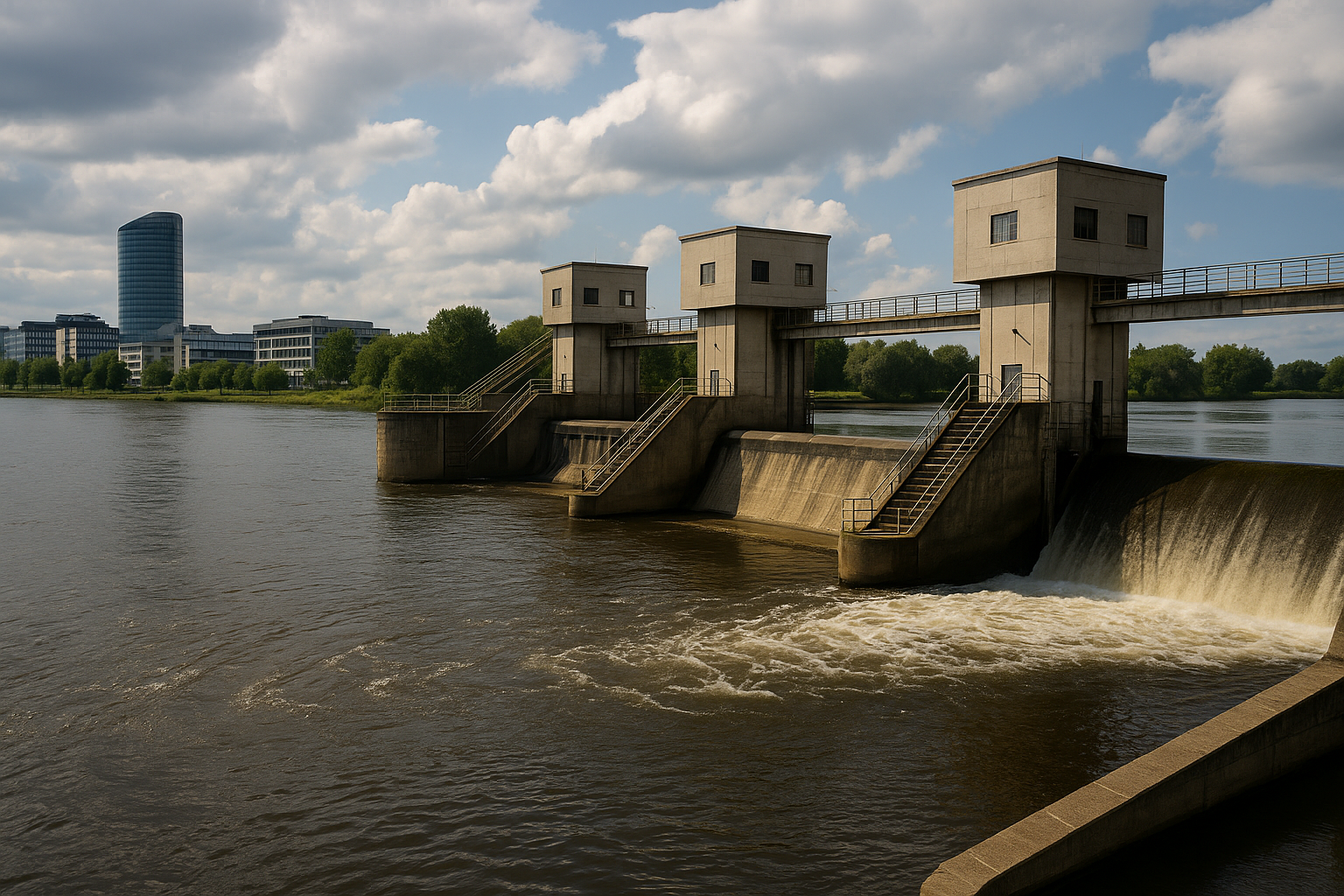Southern Europe risks water insecurity without urgent governance reforms
The research highlights that Nordic governance is characterized by stability, long-term planning, and well-funded institutions. Citizen involvement is embedded in the process, with open channels for public participation and local engagement. Additionally, these nations have effectively aligned water governance with environmental protection policies, creating coherent strategies that link water management with climate resilience and biodiversity conservation.

Amidst rising water stress and climate challenges, a new study sheds light on why Nordic countries consistently outperform their Southern counterparts in water governance. The research identifies institutional gaps and strategic failures undermining water management in Southern Europe.
Published in Sustainability, the study "Reforming Water Governance: Nordic Lessons for Southern Europe", the paper introduces a diagnostic framework that evaluates governance maturity across institutional, operational, environmental, social, and climate dimensions. The findings reveal a widening governance divide between Northern and Southern Europe, with significant implications for the continent’s ability to meet its climate and water security goals.
Why do Nordic countries lead in water governance?
The study uses the Water Governance Maturity Index (WGMI) to rank European countries. Nordic states, including Denmark, Sweden, Finland, and Norway, consistently achieve “advanced” or “model” scores. Their success stems from a combination of strong regulatory frameworks, independent oversight, and participatory decision-making. These countries integrate climate adaptation into water policy, ensuring resilience against increasingly frequent droughts and floods.
The research highlights that Nordic governance is characterized by stability, long-term planning, and well-funded institutions. Citizen involvement is embedded in the process, with open channels for public participation and local engagement. Additionally, these nations have effectively aligned water governance with environmental protection policies, creating coherent strategies that link water management with climate resilience and biodiversity conservation.
By contrast, Southern Europe lags behind. The study finds that countries like Portugal, Spain, Italy, and Greece operate with fragmented institutional arrangements and inconsistent enforcement. This lack of coordination weakens their ability to respond to climate-related water risks and undermines public trust in governance.
What challenges undermine Southern Europe’s water governance?
The research identifies several critical weaknesses in Southern European water governance. In many cases, regulatory bodies lack independence, resulting in inconsistent enforcement of water policies. Greece ranks at the bottom of the index, struggling with missing river basin plans and inadequate institutional capacity. Italy faces a paradox: while its legal frameworks are comprehensive, poor enforcement and administrative inefficiencies reduce their effectiveness.
Operational weaknesses are compounded by limited funding, which hampers infrastructure development and modernization. Many Southern countries rely on outdated water systems that fail to meet current environmental and social demands. Public participation is also minimal, with decision-making often concentrated in central authorities rather than inclusive, multi-level governance structures.
Social and territorial equity emerges as another weak spot. The study points to uneven access to affordable water services, particularly in rural or disadvantaged areas. Without targeted measures, vulnerable communities bear the brunt of water scarcity, worsening social inequalities.
Climate adaptation represents a further area of concern. While Nordic countries have integrated adaptation into water strategies, Southern states frequently treat climate policies as separate from water governance. This disconnect limits their ability to develop cohesive responses to climate threats, such as droughts that are becoming more frequent in Mediterranean regions.
How can Southern Europe reform its water governance?
The research does not advocate for simply copying Nordic models but rather adapting their principles to local contexts. The study outlines a series of actionable reforms to close the governance gap.
First, establishing independent regulatory bodies is essential to strengthen oversight and ensure continuity beyond political cycles. Autonomous institutions would provide the stability needed for long-term water planning.
Second, improving river basin coordination can reduce institutional fragmentation. Cross-sectoral planning and better collaboration between national and regional authorities are crucial to implementing integrated water management.
Third, the study stresses the need to mainstream climate adaptation into water policies. Southern countries must embed adaptation strategies into their governance frameworks, supported by targeted funding mechanisms that prioritize climate resilience.
Enhancing equity and participation is another priority. Expanding citizen involvement in decision-making processes and ensuring fair access to water services would strengthen governance legitimacy. Measures to protect vulnerable groups from water scarcity are critical to achieving social sustainability.
The paper suggests that EU and national funding should be tied to measurable progress in monitoring, infrastructure development, and inclusivity. This approach would encourage countries to adopt reforms while aligning with broader European environmental and climate strategies.
- FIRST PUBLISHED IN:
- Devdiscourse









